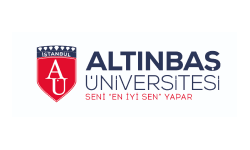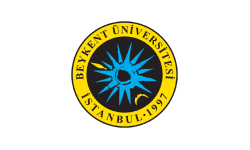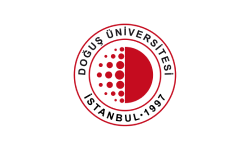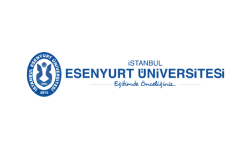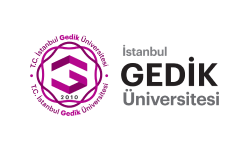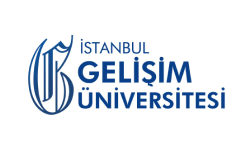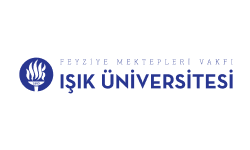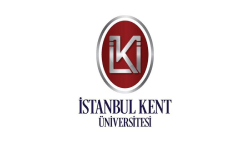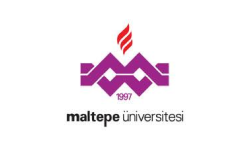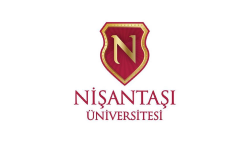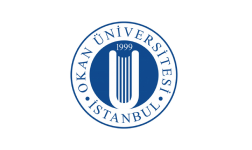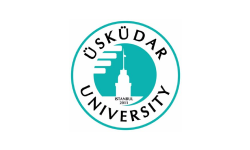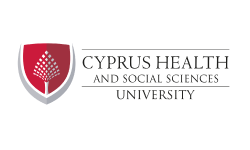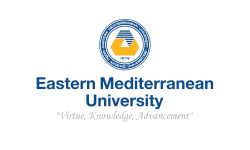In the twentieth century, the Turkish Republic became one of the most prosperous countries in Europe. The Turkish people became increasingly prosperous as a direct result of their nation’s dedication to education. The government has very strict standards for teaching and studying in its educational institutions. Students who attend Turkish schools must follow strict codes of conduct and learn about their country’s history and heritage. This allows them to become productive members of society.
The Turkish education system aims to create a strong national identity in its citizens. In doing so, it teaches students how to respect their country’s traditions and laws. They also learn about the history of their nation and how they can contribute to society through their work ethic. This system allows for a strong sense of national identity that helps the country emotionally bond with its people. This emotional connection makes people more likely to contribute financially or otherwise to the nation’s growth and prosperity.
The Turkish education system also teaches patriotism to its citizens by teaching them about how they can contribute towards national goals through work. Society encourages citizens to work and contribute towards the good of their nation through both military service and civilian jobs. All schools teach students about the importance of working hard, respecting authority, and having a strong sense of national identity. Failure to do so can lead to antisocial behavior, corruption, or even war against other countries with weak national identities. This makes it easier for political leaders to manipulate citizens into following pro-government policies at home and abroad.
The Turkish education system makes it easier for the government to instill a strong sense of patriotism in its people. Students who understand this are more likely to work hard, have a strong sense of national identity, and won’t cross international borders without permission from authorities first. This improves security within Turkey while making international trade easier for its peoples’ natural creativity, ambition, and willingness to take risks into account when creating an atmosphere conducive to economic growth and success on the part of its people.”
Turkish is an Indo-European language spoken by over 70 million people in Turkey and other parts of Central Asia. https://essaysservicesreviews.com/ It is also the first language of the Turkic peoples and a second language for many international speakers of Latin or Greek. Turkish is also referred to as “Turkish language”, “Turkish dialect”, or “Turkish literature” in English. Due to its non-Latin writing system and its rich history, Turkish is a challenging language for native English speakers to learn.
Turkish is an agglutinative language with a large number of suffixes and prefixes to form new words. Some examples include: “ing” + “dik” = “ingar” (engineer), “tamam” + “tufan” = “tamamtufan” (silent storm), etc. Turkish uses the original pronunciation of each word but with a new meaning, which makes it hard for English-speaking learners to get used to Turkish pronunciation. For example, in English, the word “cat’s meow” refers to a single cat; in Turkish, however, it refers to several cats that are meowing at once— this is because the initial sound of a word can determine its grammatical role (subject or object). Additionally, Turkish has borrowed many words from Arabic and Persian since it became part of the Ottoman Empire some 600 years ago. The Turkish language offers a unique experience for learners due to its non-Latin writing system.
Despite being challenging for English-speaking learners, Turkish can be beneficial both personally and professionally since it is closely related to other European languages such as Greek and Romanian. The abundant knowledge available online through websites such as Wikipedia in addition to apps that teach Turkish via audio and visual aids make learning Turkish easy for anyone willing to put in effort.
Learning Turkish can be a difficult process, especially for those who are not familiar with the Arabic and Persian languages. However, this is a language that can be learned quickly and easily with sufficient determination. Turkish is an Indo-European language linked to other tongues in Europe like Greek and Bulgarian. It has also been influenced by Arabic, particularly in its literary form. As a result of its rich history, Turkish has many grammatical complexities that make it a complex language to learn.
A large number of Turkish words derive from Arabic and Persian, making it difficult for non-Arabic speakers to learn the language. Many Arabic and Persian words were later adopted by the Turkish language through Latinization or borrowing into Turkish from other languages. For example, “kapat” is derived from the Arabic word for “closed” or “shut”. Another example is the word “halay”, which derives from the Arabic word for “cup” or “ bowl”. Despite these difficulties, however, the Turkish language is very logical and natural to learn as a result of its derivation mechanisms from Arabic and Persian languages.
Turkish is a very logical and natural language to learn; hence it is no different than learning any other tongue such as English or Spanish. As an Indo-European language linked to Greek and Bulgarian through Latin script, Turkish uses Latin characters similar to English and other European languages. Its grammatical structure is also very similar to English as it has two genders— masculine and feminine— four noun cases— nominative, genitive, dative and accusative— two past tense forms — past participle and preterit — four irregular verbs — strong verbs with three persons (I/me/m/, you/te/and he /se/), three times — strong verbs with six moods ( regular verbs , irregular verbs , active voice , passive voice ) — two voices (active/passive) — three present time tenses ( present , past , future ) — first person singular form of verbs ( I do / I am doing ) — seven auxiliary verb forms ( have , be going to , would , need , dare , must )
As a complicated but logical derivation of Arabic and Persian languages, learning Turkish can be easy due to its similarities with English. It is currently taught in schools throughout the world as Turkey ranks 58th in terms of international students enrolled in tertiary education institutions worldwide.


